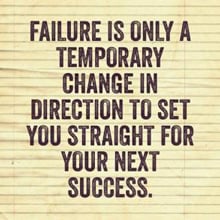
Education technology programs have made it easier for teachers to analyze student performance data and set reasonable (and reachable) learning targets on an individual student basis. However, as seen in the article below, some students worry about the tech teachers use in how it predicts student achievement. It is great to see this perspective from students as I do not always get see things from their point of view.
In my opinion, good teachers can see beyond the data used for predictions. Students, especially as they get older, constantly worry about failure. Learning is so often NOT limited to a pass/fail system. This is where concepts, such as formative assessments, scaffolding, and differentiated learning are key. Students should be given opportunities to fail. Moreover, teachers should mold the classroom environment so that failure is not the end of learning, but part of the learning process.
Article Preview
Predictive software is marketed as a way to help students before they fail, but some students see a potential downsideA high-tech program designed to predict which students are at risk of failure might sound like a way to extend a helping hand.
Some students don’t see it that way.
They worry that the data will be used to label them before they have a chance to make their own impression on a teacher.
***
Advocates of these predictive programs say they help educators find and help students at risk of failure, but the students on the panel presented another side of the story. What happens if this information is used against us? Will a digital dossier – possibility with inaccurate, incomplete or out-of-context data — follow us forever?
Comments
Post a Comment